Ukraine captures first North Korean soldiers
Ukrainian President Volodymyr Zelenskyy posted videos of the men captured in Russia's Kursk region

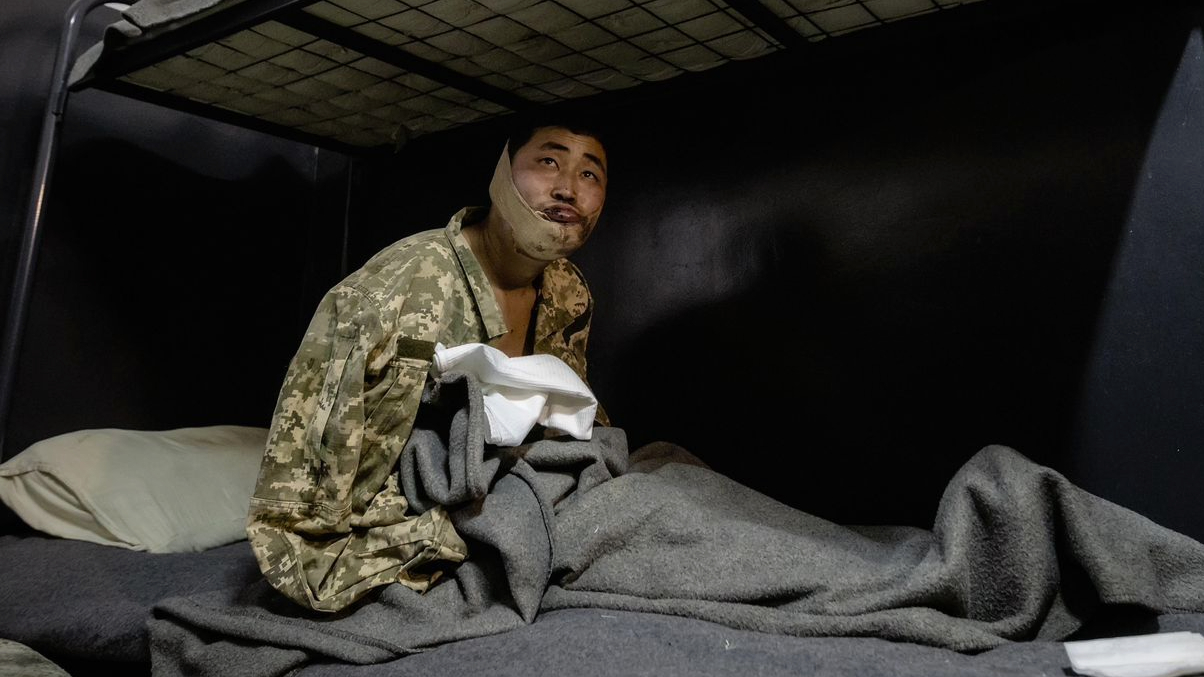
A free daily email with the biggest news stories of the day – and the best features from TheWeek.com
You are now subscribed
Your newsletter sign-up was successful
What happened
Ukrainian President Volodymyr Zelenskyy posted videos Sunday of two North Korean soldiers captured while fighting in Russia's Kursk region. They are "the first captured soldiers from North Korea," but "there will undoubtedly be more," Zelenskyy said on X. He offered to exchange the North Korean prisoners for Ukrainian troops held in Russia.
Who said what
The North Koreans, captured Thursday, were wearing Russian uniforms and carrying fake identification, Zelenskyy said. Moscow and Pyongyang have not confirmed or denied Western estimates that 11,000 North Korean soldiers are fighting for Russia. The North Koreans were "kept from the front lines for months, digging trenches and offering logistical support," The Wall Street Journal said. But now about 30% "have been deployed into combat — and are being killed at a high rate."
South Korea's National Intelligence Service, which helped question the captured soldiers in Kyiv, said this morning that more than 300 North Koreans have been killed and at least 2,700 injured while fighting Ukrainian forces. Ukrainian and South Korean officials said the North Koreans, as trained, typically choose suicide over capture.
The Week
Escape your echo chamber. Get the facts behind the news, plus analysis from multiple perspectives.

Sign up for The Week's Free Newsletters
From our morning news briefing to a weekly Good News Newsletter, get the best of The Week delivered directly to your inbox.
From our morning news briefing to a weekly Good News Newsletter, get the best of The Week delivered directly to your inbox.
What next?
Ukrainian soldiers described the North Koreans as "disciplined and highly methodical" but using woefully "outdated" military tactics, The Associated Press said. They have "adapted quickly," however, and the North Korean military's gained battlefield experience "could have far-reaching consequences," far outside Ukraine.
A free daily email with the biggest news stories of the day – and the best features from TheWeek.com
Peter has worked as a news and culture writer and editor at The Week since the site's launch in 2008. He covers politics, world affairs, religion and cultural currents. His journalism career began as a copy editor at a financial newswire and has included editorial positions at The New York Times Magazine, Facts on File, and Oregon State University.
-
 Political cartoons for February 16
Political cartoons for February 16Cartoons Monday’s political cartoons include President's Day, a valentine from the Epstein files, and more
-
 Regent Hong Kong: a tranquil haven with a prime waterfront spot
Regent Hong Kong: a tranquil haven with a prime waterfront spotThe Week Recommends The trendy hotel recently underwent an extensive two-year revamp
-
 The problem with diagnosing profound autism
The problem with diagnosing profound autismThe Explainer Experts are reconsidering the idea of autism as a spectrum, which could impact diagnoses and policy making for the condition
-
 Key Bangladesh election returns old guard to power
Key Bangladesh election returns old guard to powerSpeed Read The Bangladesh Nationalist Party claimed a decisive victory
-
 EU and India clinch trade pact amid US tariff war
EU and India clinch trade pact amid US tariff warSpeed Read The agreement will slash tariffs on most goods over the next decade
-
 Ukraine, US and Russia: do rare trilateral talks mean peace is possible?
Ukraine, US and Russia: do rare trilateral talks mean peace is possible?Rush to meet signals potential agreement but scepticism of Russian motives remain
-
 The rise of the spymaster: a ‘tectonic shift’ in Ukraine’s politics
The rise of the spymaster: a ‘tectonic shift’ in Ukraine’s politicsIn the Spotlight President Zelenskyy’s new chief of staff, former head of military intelligence Kyrylo Budanov, is widely viewed as a potential successor
-
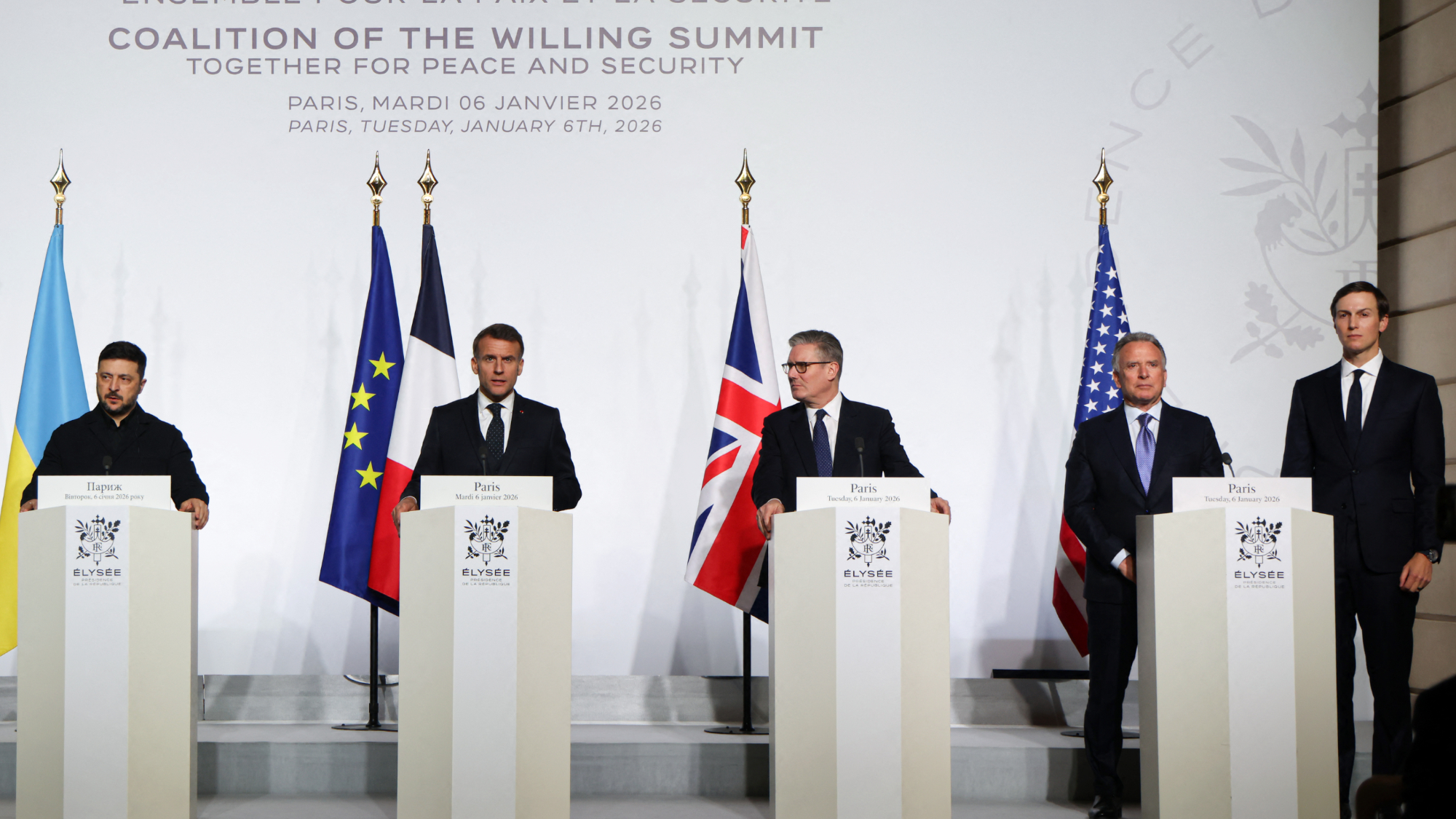 Trump’s Greenland threats overshadow Ukraine talks
Trump’s Greenland threats overshadow Ukraine talksSpeed Read The Danish prime minister said Trump’s threats should be taken seriously
-
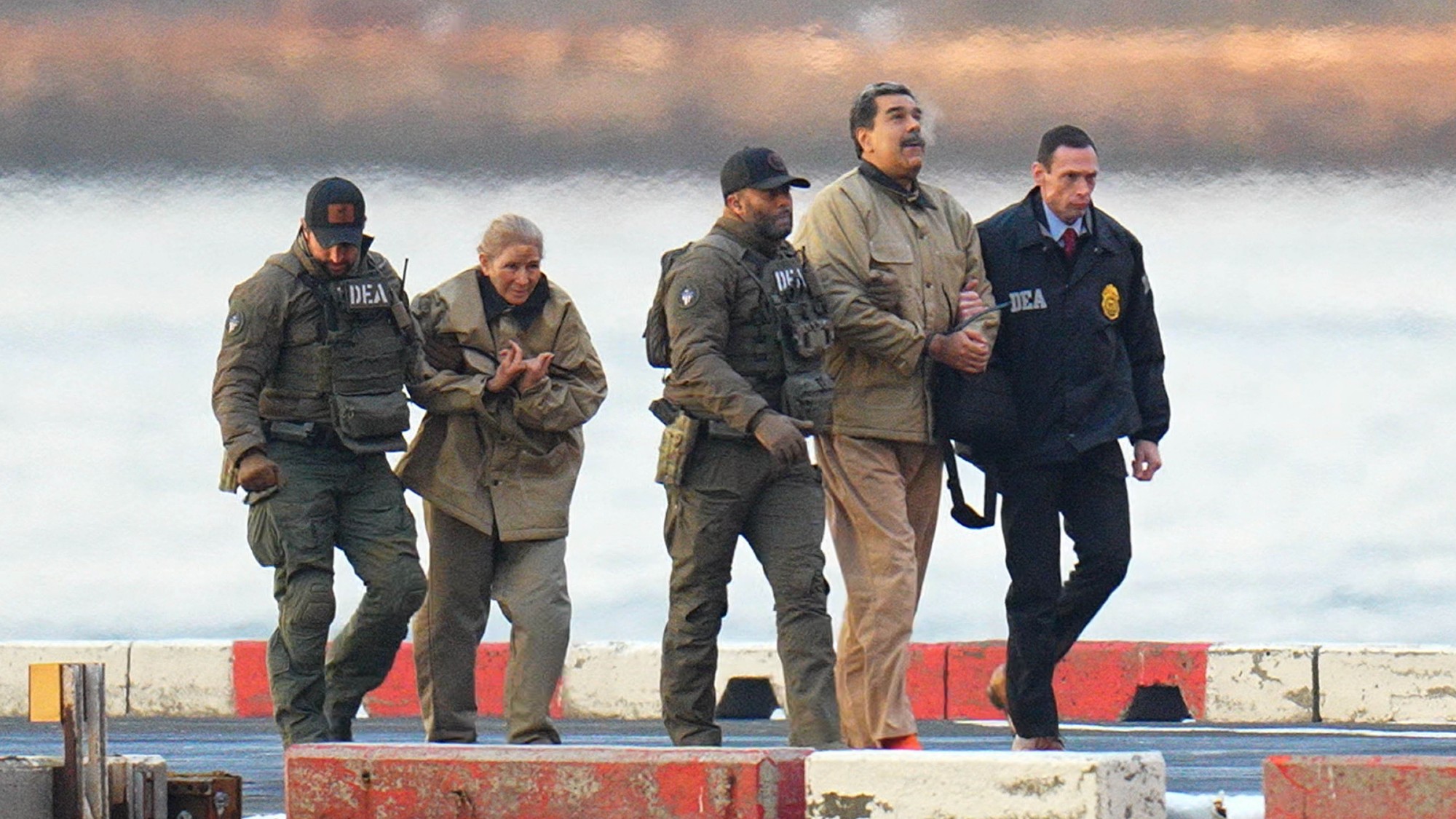 Maduro pleads not guilty in first US court hearing
Maduro pleads not guilty in first US court hearingSpeed Read Deposed Venezuelan leader Nicolás Maduro and his wife Cilia Flores pleaded not guilty to cocaine trafficking and narco-terrorism conspiracy
-
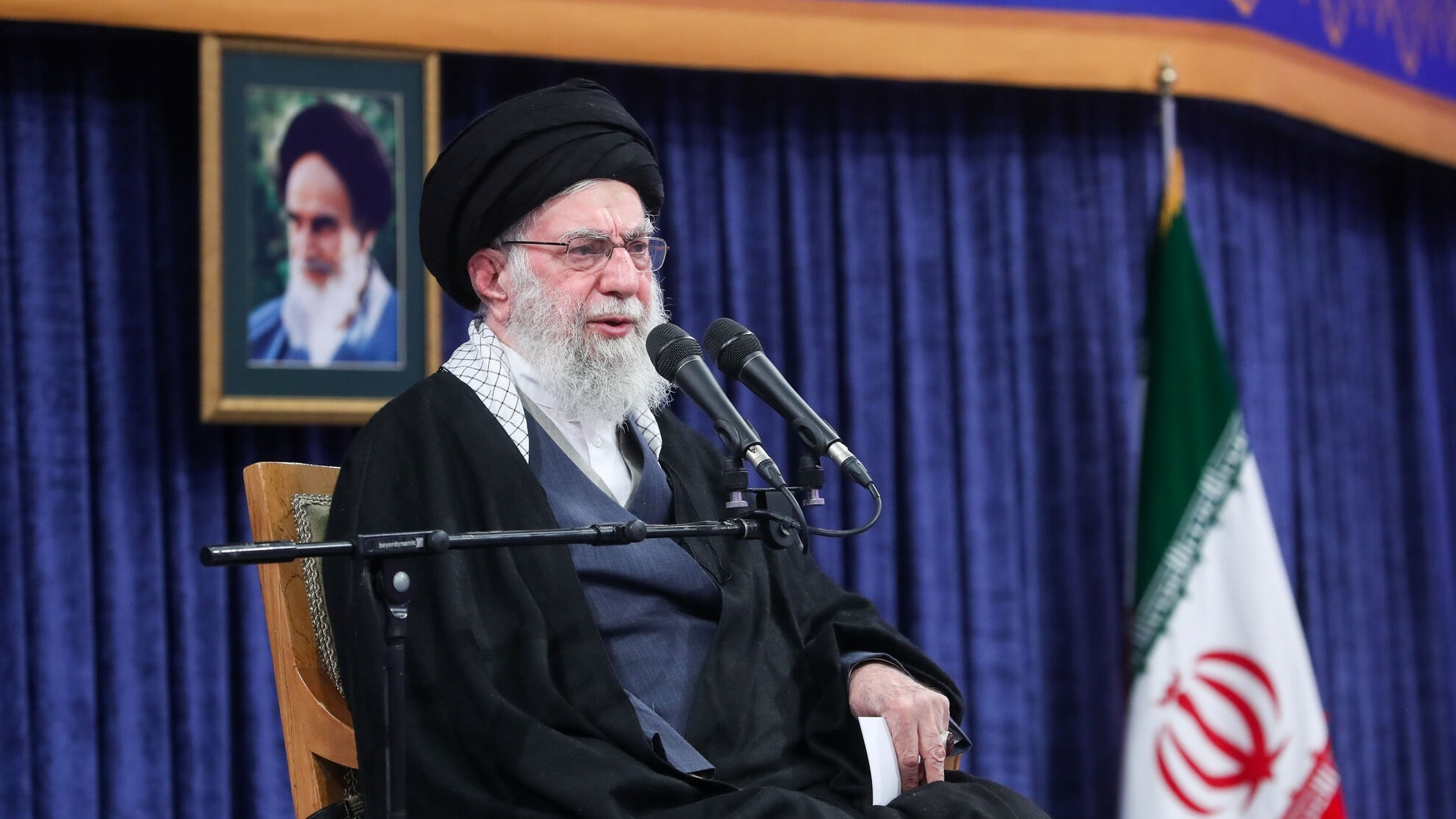 Iran’s government rocked by protests
Iran’s government rocked by protestsSpeed Read The death toll from protests sparked by the collapse of Iran’s currency has reached at least 19
-
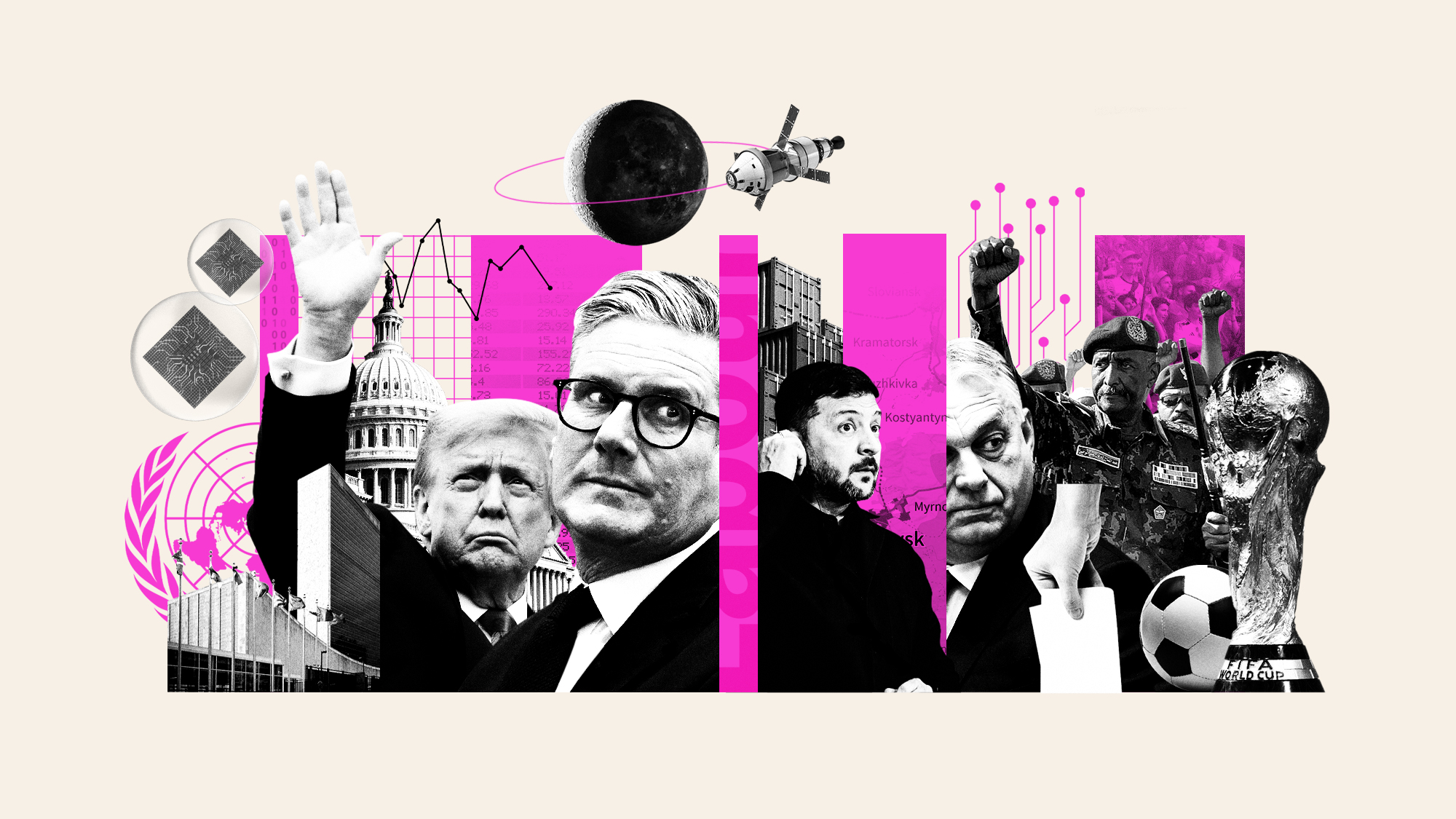 What will happen in 2026? Predictions and events
What will happen in 2026? Predictions and eventsIn Depth The new year could bring peace in Ukraine or war in Venezuela, as Donald Trump prepares to host a highly politicised World Cup and Nasa returns to the Moon
